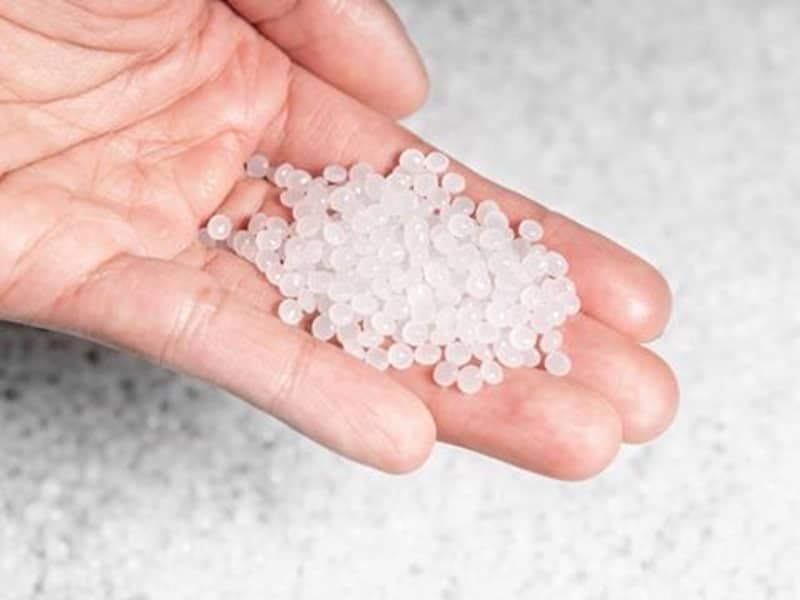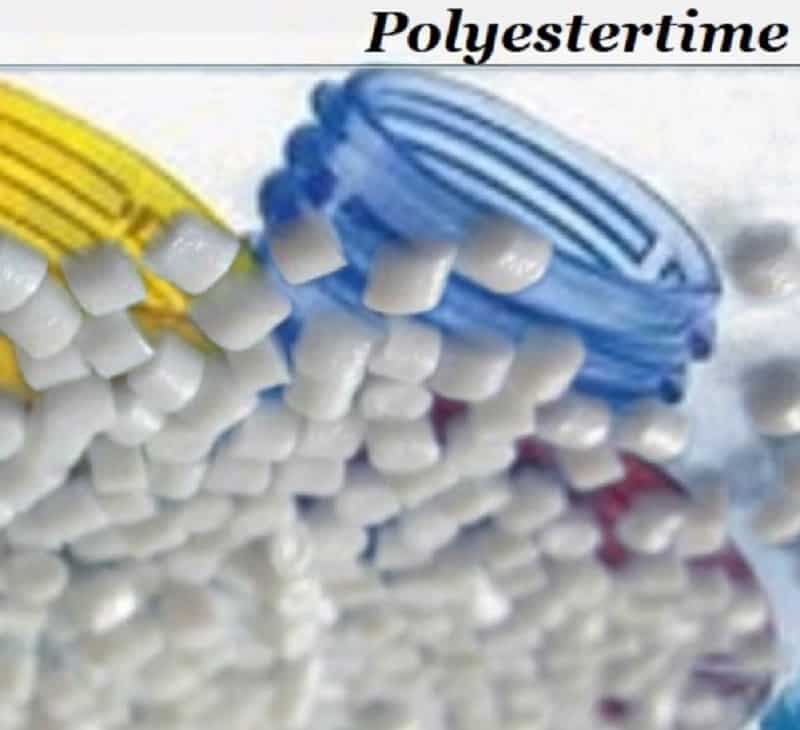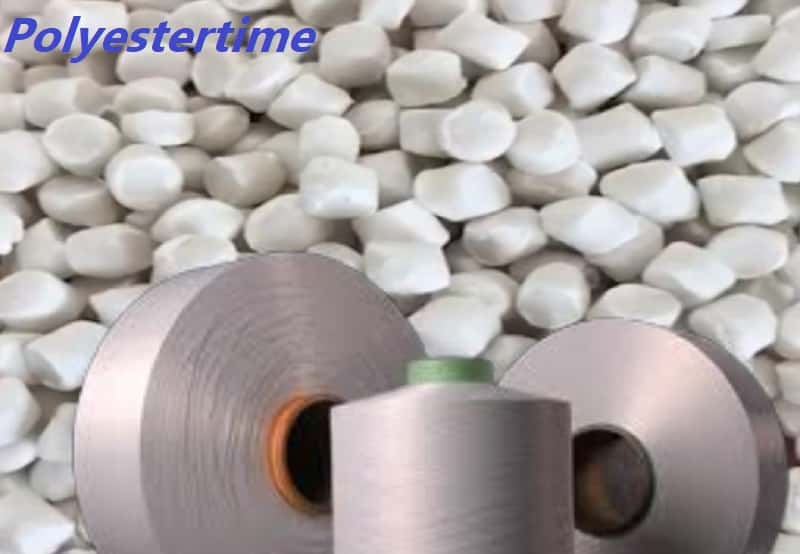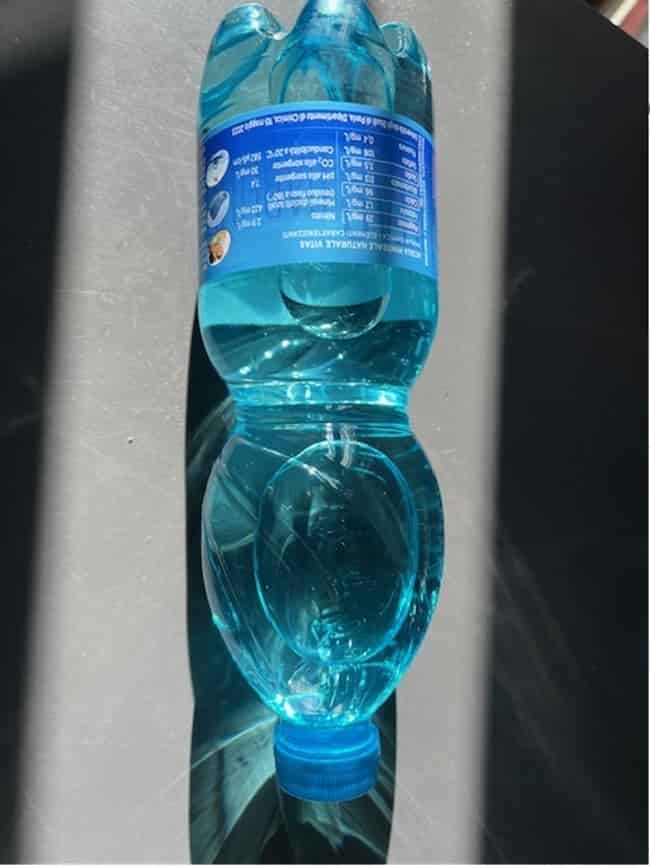Polymers prices – PET bottles banned? the environment doesn’t always thank you 11-03-2024 - Arhive
- R-PET Bottles – On Its Journey To Make Clothing That Leaves No Trace, The North Face Taps the BOTTLE Consortium To Scale Biodegradable Polyester Alternative 04-03-2024
- New enzyme technology for environmentally friendly plastic recycling
Polymers prices
PET bottles banned? the environment doesn’t always thank you
The decision to ban or replace materials should ideally be preceded by thorough product life cycle analyses (LCAs) to assess the actual environmental impact. In hindsight, these analyses can only gauge the success or failure of such initiatives and potentially inform future decisions. An example of this is the ban on PET bottles at San Francisco airport in 2019, which prompted scrutiny due to its purported environmental benefits. However, a recent LCA study conducted in the United States challenges this notion, revealing unexpected consequences.
Commissioned by Napcor, a US association advocating for the producers of PET packaging, the study conducted by Franklin Associates compared the environmental impact of plastic bottles versus aluminum cans. Polymers prices
The research focused on the replacement of approximately 9,000 PET bottles of water sold daily at the airport with aluminum cans. Surprisingly, the findings indicated that since the implementation of the ban, there has been an additional emission of 1,100 metric tonnes of CO2 equivalent compared to the pre-ban scenario.
Contrary to popular belief, the study highlighted the environmental advantages of PET bottles over aluminum cans. PET bottles were found to consume 80% less energy during production, generate 80% less solid waste, utilize 53% less water, and exhibit a 74% lower global warming potential compared to aluminum cans. Additionally, PET bottles produced significantly fewer emissions contributing to acid rain and smog, ranging between 68% to 83% less than aluminum cans. Polymers prices
Laura Stewart, director of Napcor, emphasized the significance of PET bottles as the environmentally superior choice among beverage containers. She expressed concern over the unintended consequences of plastic bans and advocated for investing in and supporting the proper recycling of PET bottles instead of outright prohibition. Stewart pointed out that large establishments like San Francisco airport, equipped with recycling infrastructure, could make a more positive impact on the environment by promoting PET bottle recycling rather than banning them.
The implications of this study extend beyond PET bottles, challenging the efficacy of blanket plastic bans. Another recent study in the United States, which gained attention, revealed surprising outcomes following the ban on plastic bags in New Jersey. Contrary to expectations, the ban led to a threefold increase in plastic usage for the same purpose. These findings underscore the complexity of environmental policies and the importance of evidence-based decision-making. Polymers prices
In conclusion, the decision to ban or replace materials should be informed by comprehensive LCAs to assess their true environmental impact. The case of PET bottles at San Francisco airport serves as a cautionary tale, highlighting the unintended consequences of such initiatives. Rather than imposing blanket bans, efforts should be directed towards promoting sustainable practices such as recycling, which can yield more positive outcomes for the environment.
Neste signs agreement with Mura in chemical recycling
Neste has entered into an agreement with Mura Technology to purchase feedstock derived from chemical recycling of heterogeneous plastic waste at the new Teesside plant in Northeast England (pictured), which was inaugurated at the end of last year and is expected to be operational by mid-this year.
Neste will process the raw products supplied by Mura, certified with ISCC Plus, into raw materials for the production of new plastics, replacing fossil ones. Polymers prices
The Finnish company joins the American group Dow, which had already secured a portion of the new plant’s capacity through an off-take agreement. Based on the HydroPRS (Hydrothermal Plastic Recycling Solution) process, the plant will be able to process up to 20,000 tons of heterogeneous plastic waste annually, including rigid and flexible types that are not otherwise recyclable.
The process employs supercritical steam – water, heat, and pressure – to convert plastic waste into naphtha, heavy oils, and distillates, which can be reused in cracking to produce new plastic materials. Polymers prices




